The organic food industry has grown exponentially over the past decade, with supermarket shelves increasingly stocked with products boasting the coveted "organic" label. These items often come with a hefty price tag, sometimes double or even triple the cost of their conventionally grown counterparts. But is the premium justified? Are consumers paying for tangible health benefits, or is this just another example of clever marketing preying on health-conscious shoppers?
At the heart of the organic movement lies the promise of food produced without synthetic pesticides, genetically modified organisms (GMOs), or artificial fertilizers. Proponents argue that these farming methods are not only better for the environment but also yield more nutritious and safer food. Studies have shown that organic produce tends to have lower levels of pesticide residues, which is a significant selling point for many consumers. For parents, in particular, the idea of feeding their children food free from harmful chemicals is often worth the extra expense.
However, the scientific community remains divided on whether organic food is inherently more nutritious. Some research suggests that organic fruits and vegetables may contain higher levels of certain antioxidants, while others find negligible differences. The variations in nutrient content can often be attributed to factors like soil quality, crop variety, and harvest timing rather than the organic label itself. This ambiguity leaves many wondering if the health claims are overstated.
The environmental argument for organic farming is stronger. Organic practices prioritize soil health, biodiversity, and reduced pollution from synthetic chemicals. By avoiding synthetic pesticides and fertilizers, organic farms tend to have a smaller ecological footprint, which is an important consideration in an era of climate change and environmental degradation. For ethically minded consumers, this alone may justify the higher prices, as they see their purchases as investments in a more sustainable food system.
Yet, critics argue that organic farming is not the panacea it's often made out to be. Because organic methods typically yield less produce per acre, they require more land to grow the same amount of food—a significant drawback given global food demands. Additionally, some organic-approved pesticides, while "natural," can still be harmful in large quantities. The romanticized image of small, idyllic organic farms also clashes with the reality that large corporations now dominate the organic market, raising questions about whether the spirit of the movement has been lost.
The price premium of organic food is perhaps the most contentious issue. For many households, the decision to buy organic is a financial one as much as a health or environmental one. A gallon of organic milk can cost twice as much as conventional milk, and organic meat prices are often prohibitively expensive for budget-conscious shoppers. This creates a divide where access to "healthier" food options becomes a privilege of the affluent, exacerbating existing inequalities in nutrition and health outcomes.
Marketing plays a significant role in shaping perceptions of organic food. The industry has successfully positioned organic as synonymous with "clean," "pure," and "wholesome," tapping into growing consumer distrust of big agriculture and processed foods. This emotional appeal often outweighs scientific evidence in purchasing decisions. The fear of chemicals like glyphosate or the desire for "natural" products drives many to choose organic, even when the actual risks of conventional alternatives are minimal or poorly understood.
Interestingly, the organic label doesn't always guarantee superior quality or ethics. There have been numerous cases of fraud in the organic sector, where non-organic products were mislabeled to command higher prices. Moreover, the certification process varies by country, and some standards have been criticized for being too lenient. This inconsistency undermines consumer trust and raises questions about whether the premium is always warranted.
For some, the value of organic food extends beyond nutrition or environmental impact—it's about peace of mind. The ability to make choices aligned with personal values, whether those are health, sustainability, or animal welfare, carries its own intangible worth. This psychological benefit, though difficult to quantify, is a powerful driver behind the organic market's growth.
As the debate continues, one thing is clear: the organic food industry has fundamentally changed how we think about what we eat. Whether it's a health imperative, an environmental stance, or simply a lifestyle choice, the decision to go organic is deeply personal. What remains to be seen is whether the premium we pay today will yield the benefits we hope for in the long run—or if it's a premium we're willing to pay regardless.

By /Jun 5, 2025

By /Jun 5, 2025

By /Jun 5, 2025
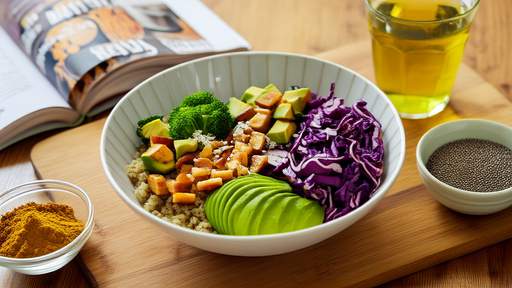
By /Jun 5, 2025

By /Jun 5, 2025
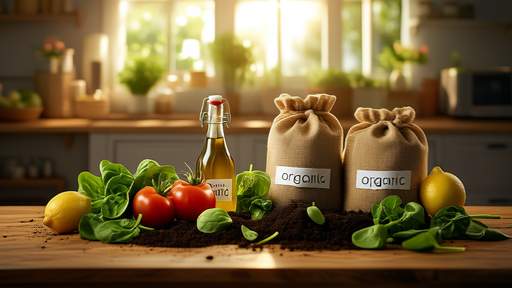
By /Jun 5, 2025
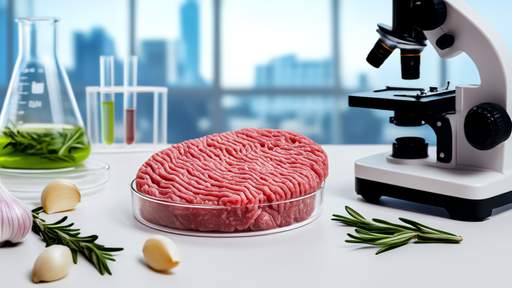
By /Jun 5, 2025
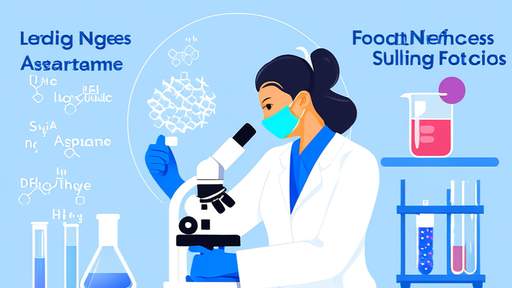
By /Jun 5, 2025

By /Jun 5, 2025
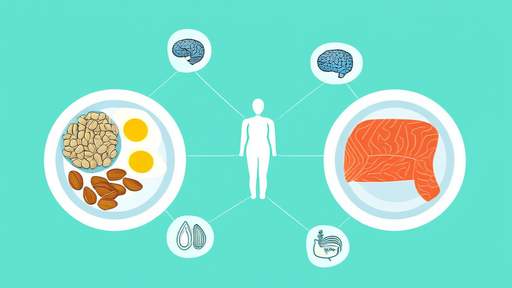
By /Jun 5, 2025

By /Jun 5, 2025
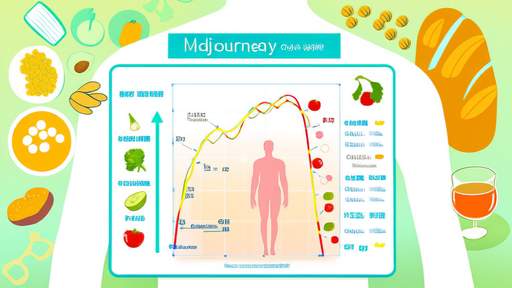
By /Jun 5, 2025

By /Jun 5, 2025

By /Jun 5, 2025

By /Jun 5, 2025

By /Jun 5, 2025

By /Jun 5, 2025

By /Jun 5, 2025

By /Jun 5, 2025

By /Jun 5, 2025